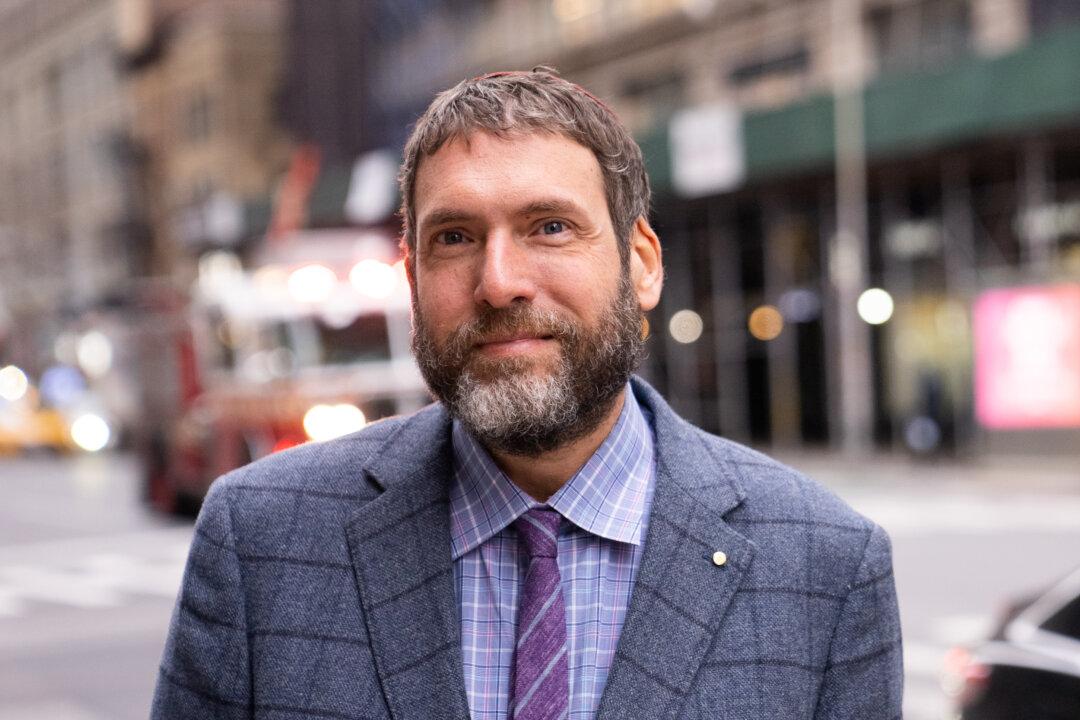Liel Leibovitz, a senior writer for Tablet Magazine and host of the Unorthodox podcast, told The Epoch Times that in the last few years he has found himself, “politically homeless,” falling out with his circle of people because he challenged their views.
Leibovitz is the author of the popular Tablet essay on this topic, “The Turn: When I saw the left give up everything I believe in, I changed politically. You can, too.”






